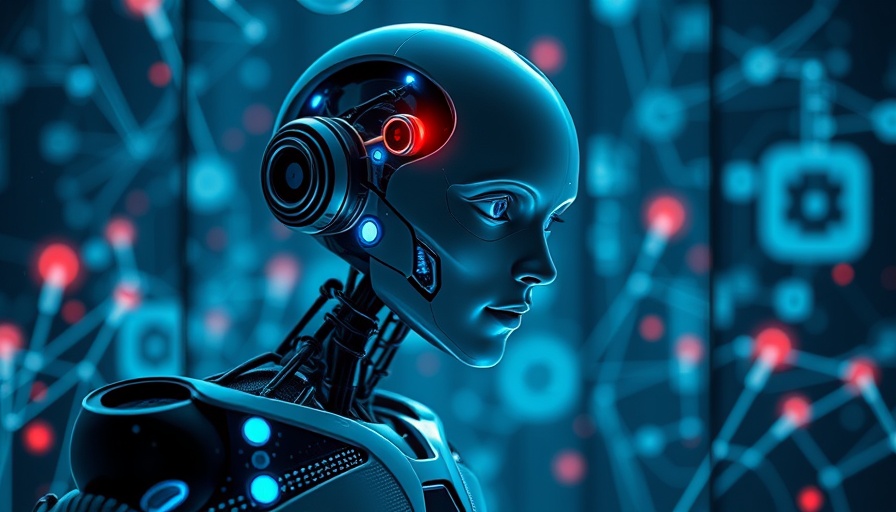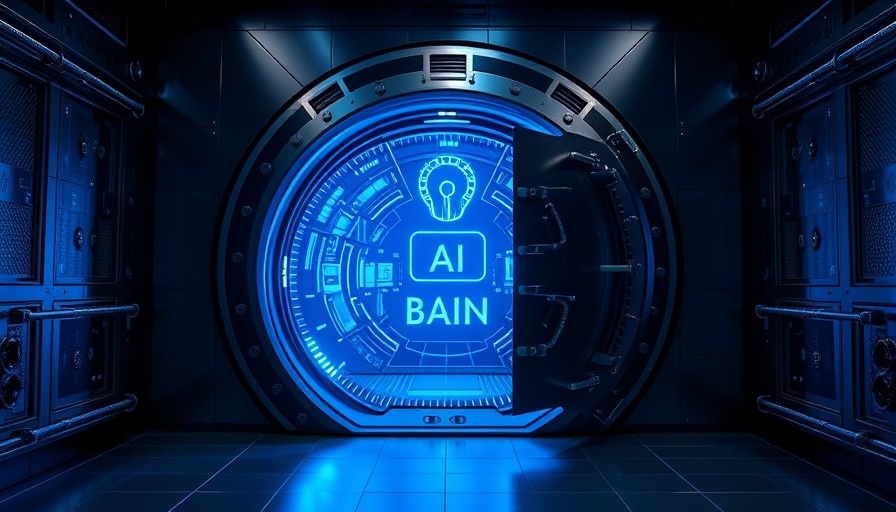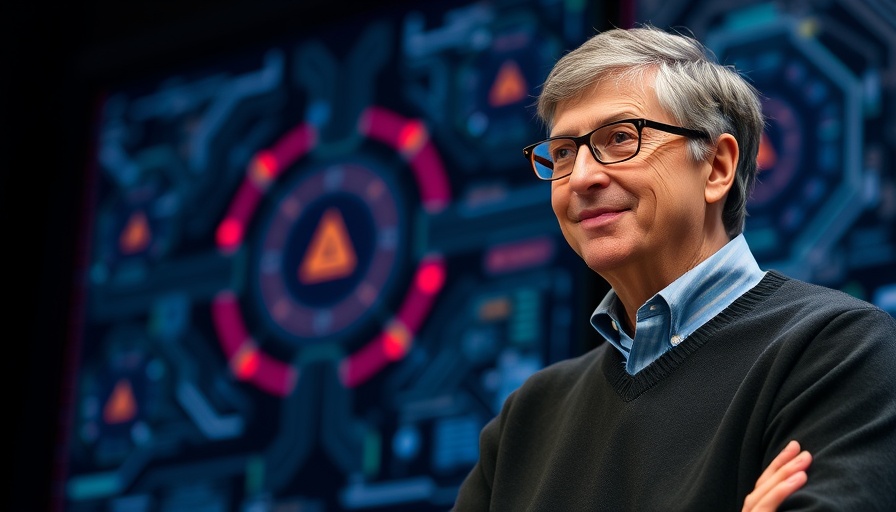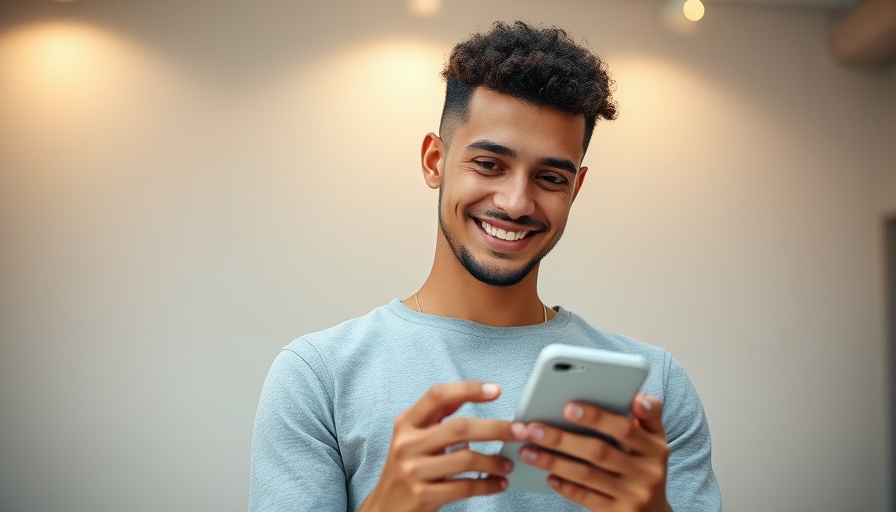
Has Creativity Been Overrated?
In recent discussions surrounding artificial intelligence, a bold thesis has emerged: creativity, as we often celebrate it, may not be as rich and vibrant as we assume. The narrative suggests that AI, rather than stifling creativity, has merely exposed a gap in human innovation. The argument posits that if AI-generated content can rival human creation, then one must question the depth of the creativity we regard as inherent to our species.
Techno-optimism vs. Techno-pessimism
This conversation finds itself straddling the line between techno-optimism and techno-pessimism. Advocates for artificial intelligence champion its capacity to push creative boundaries, leveraging AI to enhance the way we think and create. They view AI as a tool to augment human ability, providing innovative solutions and unique insights that may have previously been overlooked. On the other hand, the skeptics question whether reliance on AI diminishes authentic human creativity and expression—an essential element of our shared culture and identity.
The Role of AI in Shaping Future Creativity
As we venture further into the capabilities of generative AI models, it seems imperative to evaluate how these technologies interact with creativity in various fields. In domains such as art, music, and literature, AI applications are not just automating tasks but are beginning to co-create alongside artists. This interdisciplinary blend actually highlights creative processes that we may not fully understand yet—leading us to wonder how our definitions of creativity may evolve as we embrace AI.
What Lies Ahead in AI-Creativity Dynamics?
Looking forward, the interaction between AI and human creativity presents both challenges and opportunities. Companies might find an incredible competitive edge by integrating AI tools into their creative workflows, yet the question remains: Are we prepared to redefine creativity in a world where machines can think and create too? As we contemplate the implications of this shift, it is clear that understanding and shaping the relationship between AI and creativity will be pivotal over the next several years.
The Essential Questions
In navigating this complex dynamic, several key questions arise: How do we maintain our originality while utilizing AI innovations? Can we embrace AI without sacrificing our unique creative identities? As we stand on the cusp of these advancements, I invite readers to engage in this dialogue and explore the ways AI technology could shape the creative landscape of tomorrow.
 Add Row
Add Row  Add
Add 




Write A Comment